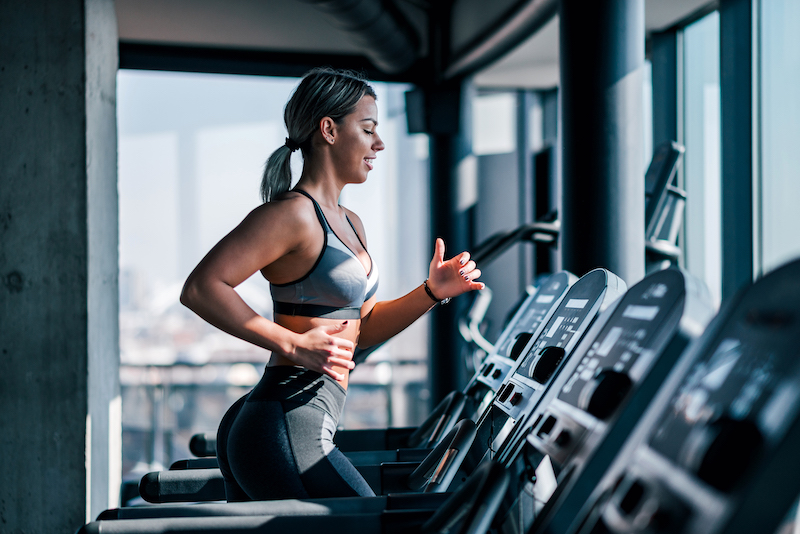
Why We Sweat
Sweating is primarily a means of thermoregulation. As we work out, our muscles generate heat, and our core body temperature rises. To prevent overheating, the body activates the sweat glands, located in the skin, to produce moisture. As sweat evaporates from the skin’s surface, it dissipates heat, thus cooling the body. This cooling effect is essential during exercise, particularly in intense or prolonged activities that lead to increased heat production.
During workouts, our heart rate and breathing rate also rise to supply oxygen and nutrients to the working muscles. As the cardiovascular system works harder, more blood is pumped to the skin’s surface, facilitating the transfer of heat from the core to the skin. Sweat then acts as the body’s coolant, effectively maintaining a stable internal temperature and preventing heat-related illnesses like heat exhaustion or heatstroke.

The Body Is Self Regulating
Furthermore, sweating during exercise aids in detoxification. Sweating enables the elimination of certain waste products, such as urea and ammonia, from the body. It also helps to flush out toxins, heavy metals, and other impurities through the skin. This natural cleansing process contributes to improved skin health and overall well-being.
Notably, individual differences in sweat rates exist due to genetic factors, fitness levels, and acclimatization to the environment. Well-trained athletes often sweat more efficiently than less active individuals, as their bodies adapt to the demands of exercise over time. Additionally, people living in warmer climates or those regularly exposed to heat may have higher sweat rates, as their bodies have become more acclimated to such conditions.
It’s essential to recognize that staying hydrated is crucial when sweating during exercise. As we lose water through perspiration, maintaining proper hydration levels becomes vital to prevent dehydration. Dehydration can impair physical performance, lead to muscle cramps, and compromise overall health. Therefore, replenishing fluids lost through sweating with water or electrolyte-containing beverages is essential for optimizing exercise performance and well-being.

Replenishing Fluids Is Crucial








